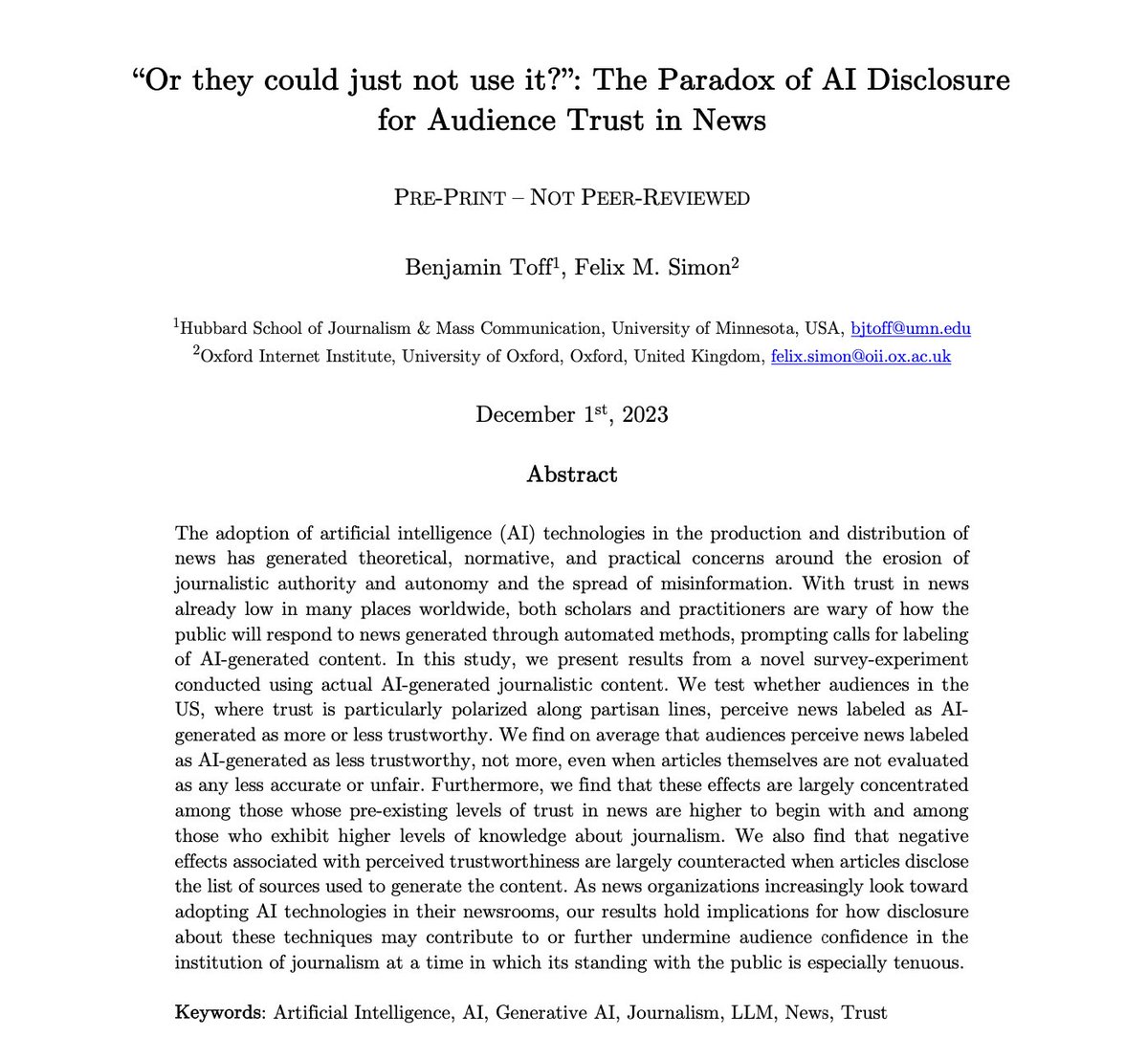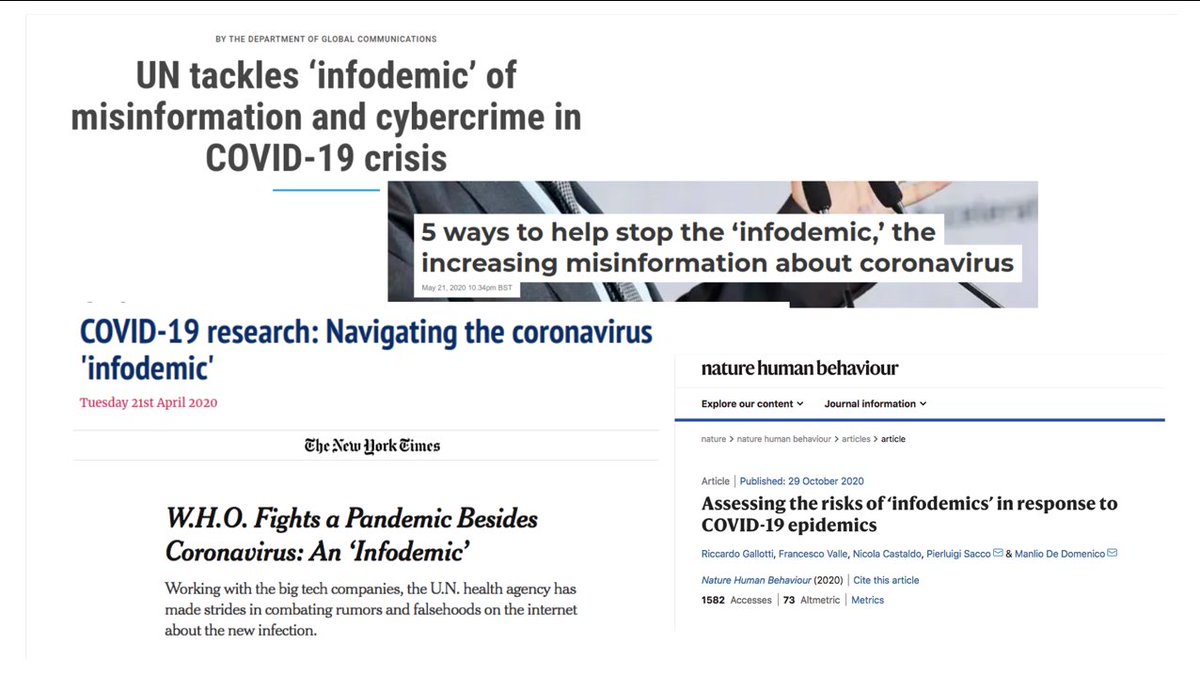It would be great to see more news outlets sign up to the #CoveringClimateNow initiative which “aims to convene and inform a conversation among journalists about how all news outlets […] can do justice to the defining story of our time.”
cjr.org/covering_clima…
cjr.org/covering_clima…
“We see #CoveringClimateNow as a fulfillment of journalism’s most sacred responsibilities, which are to inform people and foster constructive debate about common challenges and opportunities. Arguably, no problem in today’s world is more challenging” 

Still, too many outlets treat the climate crisis like just another story. While it will be pivotal to avoid oversaturation so as not to dash hope and motivation to act, the topic should be given top priority. Otherwise, how can we hope that change will happen?
• • •
Missing some Tweet in this thread? You can try to
force a refresh









